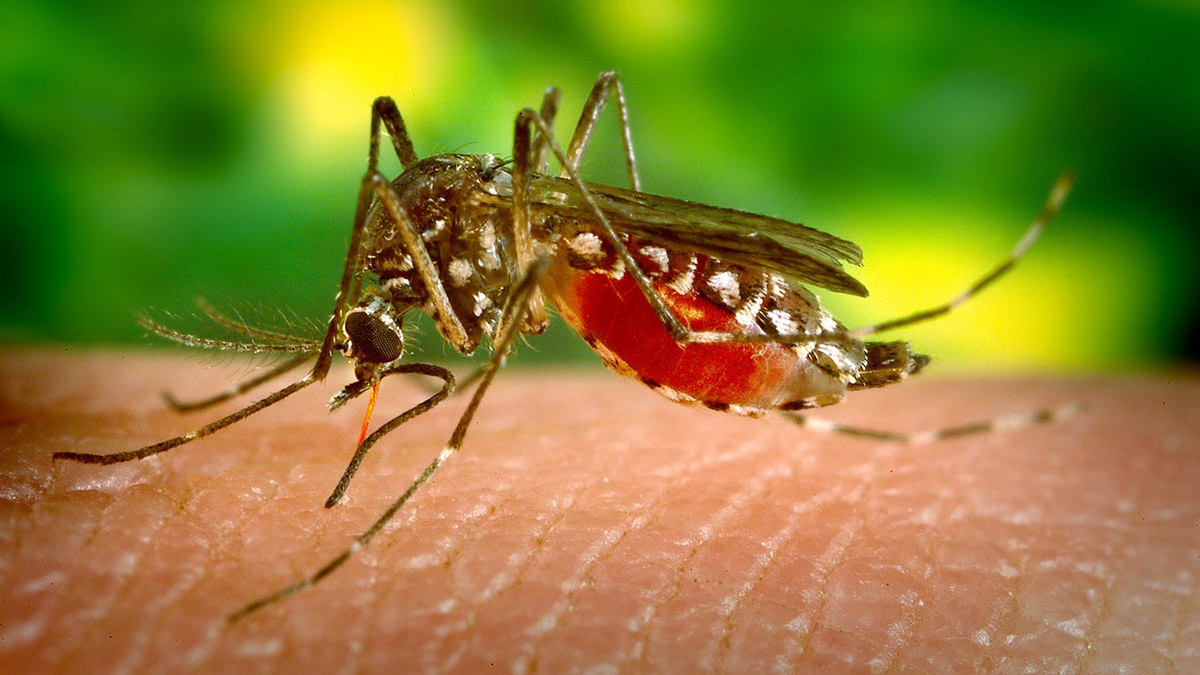.jpg)
World Mosquito Day, observed annually on August 20th, highlights the global struggle against mosquito-borne diseases. This year, the spotlight is on how artificial intelligence (AI) is revolutionizing mosquito surveillance and management, especially in regions heavily impacted by diseases like malaria. Researchers at the University of South Florida are at the forefront of this innovation, aiming to enhance our ability to combat malaria through advanced technology and interdisciplinary collaboration.
Table of Content:-
AI-Driven Mosquito Surveillance
At the core of this innovative effort are Professors Ryan Carney and Sriram Chellappan from the University of South Florida. They are leading a groundbreaking project funded by a substantial $3.6 million grant from the National Institute of Allergy and Infectious Diseases. This project, named EMERGENTS (Enhancing Malaria Epidemiology Research through Genomics and Translational Systems), focuses on employing AI to improve mosquito surveillance and combat malaria in Africa.
The initiative’s primary goal is to create an International Center for Excellence for Malaria Research in west-central Africa, specifically targeting Nigeria and Cameroon. This centre will play a pivotal role in advancing malaria eradication strategies, understanding insecticide resistance, and studying the spread of Anopheles Stephensi, a dangerous malaria vector that has recently begun to invade African cities.

The Role of AI in Mosquito Management
One of the key components of the EMERGENTS project is the use of AI-powered tools to monitor and manage mosquito populations. The project leverages an array of technologies, including a global mosquito-tracking dashboard and a smart trap designed for real-time mosquito surveillance.
Global Mosquito-Tracking Dashboard
In 2022, Carney and Chellappan developed a global mosquito-tracking dashboard, supported by the National Science Foundation. This online platform aggregates mosquito observations from around the world, allowing users to upload photos of mosquitoes via their smartphones. The dashboard provides a real-time, interactive portal for tracking mosquito populations and their movements.
Also Read: Nagpur Declares Public Health Emergency Amid Surge in Chikungunya and Dengue Cases
The AI algorithms used in the dashboard analyze these photos to identify mosquito species based on anatomical features. This method enables researchers and mosquito-control personnel to gain insights into mosquito distribution and density, which is crucial for timely intervention and control measures.
AI-Enabled Smart Trap
The smart trap, currently being tested by Chellappan, represents a significant advancement in mosquito surveillance. This trap uses AI to attract, capture, and identify mosquitoes, particularly targeting Anopheles Stephensi. The AI algorithms employed can classify mosquitoes based on detailed anatomical analysis from a single photo, including features like the head, thorax, abdomen, and legs.
This technology aims to deploy multiple prototypes of the smart trap throughout west-central Africa, automating the identification process and providing real-time data on mosquito populations. The goal is to enhance the efficiency of malaria control efforts by enabling precise targeting and monitoring of malaria-carrying mosquitoes.
Impact and Future Directions
The technologies developed through the EMERGENTS project have far-reaching implications beyond Africa. Florida, with its favourable climate and high rate of international travel, is a critical location for monitoring mosquito-borne illnesses. While Anopheles Stephensi has not yet been detected in the U.S., the infrastructure and technologies developed by Carney and Chellappan ensure preparedness for potential threats.
Also Read: Zika Virus Detected In Larvae Samples From Parts Of Pune As The Number Of Cases Rise
The success of the dashboard and smart trap has been demonstrated through previous citizen science initiatives in countries like Ethiopia and Madagascar. The additional funding will allow for further refinement of algorithms, expansion of species identification capabilities, and potential commercialization of the smart traps for community-led mosquito surveillance and control.
Bottomline
As we commemorate World Mosquito Day 2024, it is clear that artificial intelligence is playing a transformative role in the fight against mosquito-borne diseases. The innovative work being carried out by researchers at the University of South Florida exemplifies how technology can be harnessed to address global health challenges. By advancing mosquito surveillance and control measures, AI is paving the way for more effective strategies to combat malaria and other mosquito-borne illnesses, ultimately contributing to a healthier, safer world.
Also watch this video
How we keep this article up to date:
We work with experts and keep a close eye on the latest in health and wellness. Whenever there is a new research or helpful information, we update our articles with accurate and useful advice.
Current Version